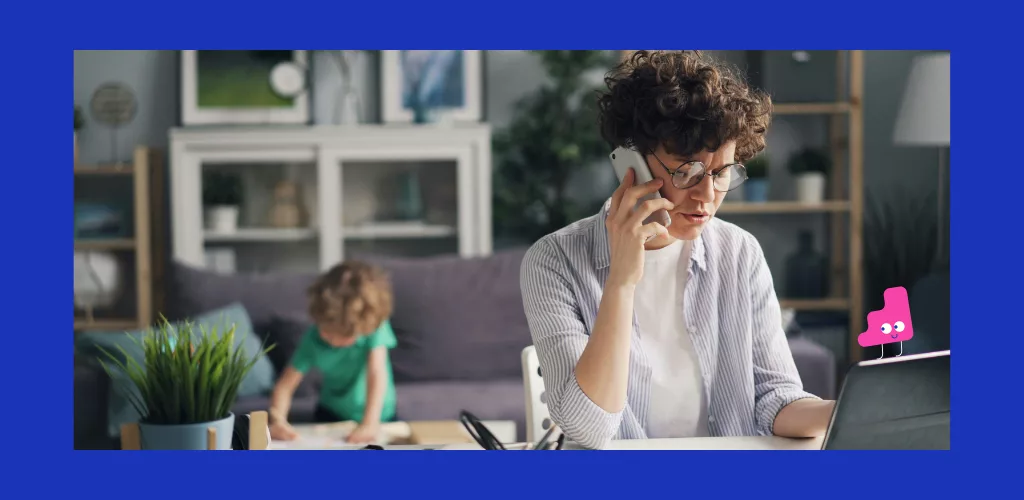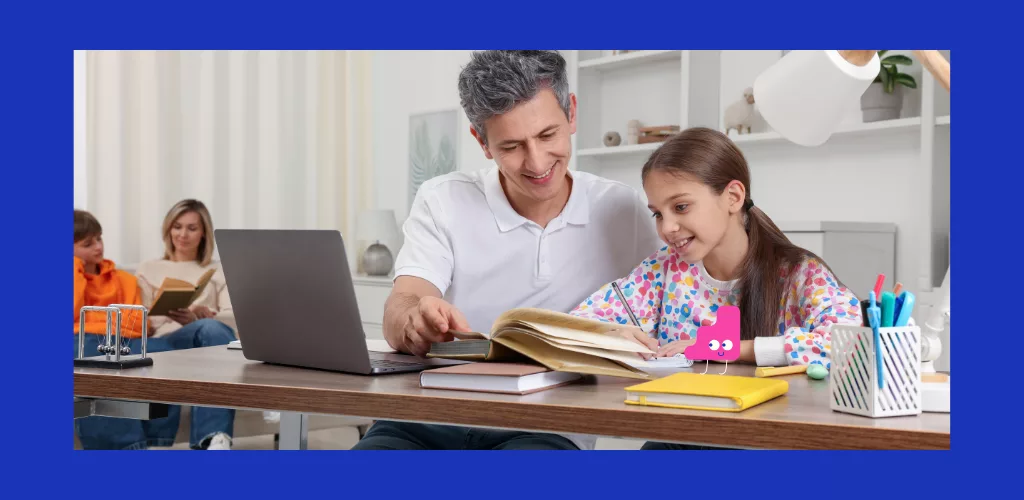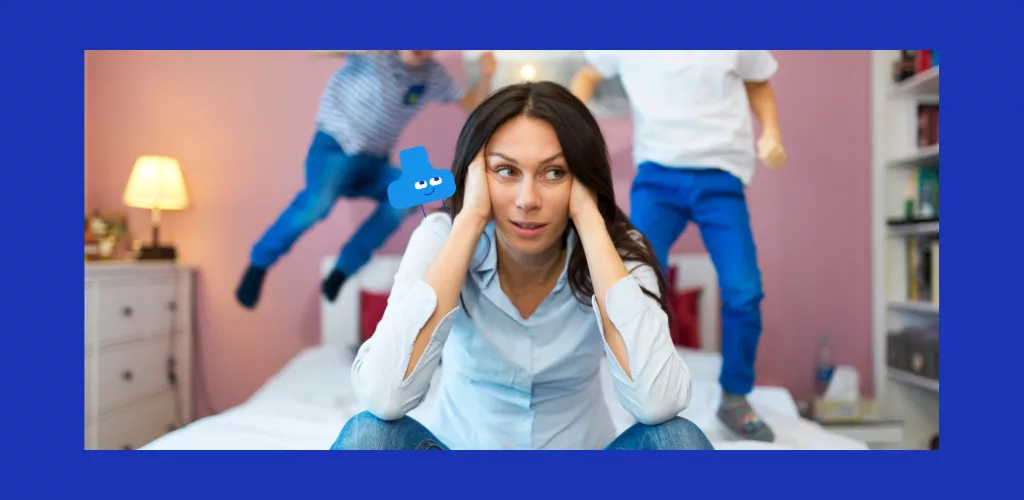Just 20 or 30 years ago, children would spend hours running through the streets, climbing trees or inventing worlds in local parks. Today, this scene has all but disappeared. Free outdoor play time has been divided by three in a generationand only 1 child in 10 play outside every day.
What has happened? Why this evolution? And above all, how can we reintroduce free play and contact with nature into our children's lives?even when we live in the city and are running out of time?
A change in society... To the detriment of children
A growing fear of the outside world
One of the first obstacles is cultural. Many parents admit to being afraid of leaving their children outside. Fear of accidents, of being kidnapped, of being looked at by others... Even in secure residences, we no longer dare leave them alone. Yet statistics show that dangers are no more numerous than before, but the perception of risk has exploded.
As a result, children are increasingly locked up, sometimes less outside than prisoners according to some studies.
Cities designed for adults, not children
Another major obstacle : urban space. In many cities, play areas are rare, poorly located or unsuitable. They are often fenced-in, impervious areas with no vegetation.. They lack life and diversity, and encourage neither autonomy nor creativity.
At the same time, the car dominates public space. Between road safety and lack of visibility, parents find it hard to imagine their children playing alone in the street or crossing the neighborhood alone. Everything seems designed for motorized adults.
Social pressure on parents
In a society of performance and control, leaving a child alone outside is sometimes perceived as a lack of responsibility. perceived as a lack of responsibility. Many parents confess to fear being judged by neighbors or other families.
"A child who plays alone outside is sometimes seen as 'left to his own devices', or even 'neglected'. "
What are the consequences for children?
Less nature, more stress
Spending time outdoors isn't just about "getting some fresh air". Numerous studies have shown that contact with nature improves mood, reduces anxietystrengthens the immune system and promotes learning.
In some countries, such as Finland, programs have even significantly significantly reduce allergies and asthma attacks among children by enabling them to interact with a richer natural environment.
Impact on the development of soft skills
Free play outdoors develops many psychosocial skillsvaluable both at school and in life:
-
Patience (waiting your turn on the slide),
-
Cooperation (organizing a game of hide-and-seek),
-
Resilience (getting up after a fall),
-
Self-confidence (daring to explore a corner of nature on your own),
-
Creativity (inventing rules, building a tree house).
Conversely, children who are overly supervised and deprived of autonomy may may lack the resources to adapt and become dependent on external stimuli (especially screens).
Widening inequalities
Not all children have equal access to nature. 4 out of 5 children in France do not have a nature park in their neighborhood.. And while some families can make up for this with weekend outings, others have neither the time nor the means.
What can you do about it, even without a garden?
1. Start small (and steady)
No need to go to the forest every weekend. Just 15 minutes a day in a park or even a tree-lined stretch of sidewalk can make all the difference.
The objective : to integrate the outdoors into daily lifejust as we integrate snack time or bath time. Walk to school, take a detour to the square, sit on a bench to watch the clouds... There are more opportunities than you might think.
2. Adopt the slow reflex
In a "faster and faster" society, slowing down to get out is an almost militant act. Taking the time to observe an ant, pick up a stick or jump in a puddle is also a way of slowing down our inner pace and that of our children.
Tip: wear appropriate clothing (boots, overalls, old pants) so you don't have to curb your desire to play under the pretext of "getting your clothes dirty".
3. Transforming the way we look at dirt
"Be careful, you'll get dirty": how many times have we said that? And yet, contact with earth, sand and leaves is essential for children's sensory development.. It's also a way of strengthening their immune system and microbiome.
Letting your child get dirty means letting him explore.
4. Valuing boredom and patience
Two endangered qualities... and yet so precious. The outdoors teaches us to be bored (and therefore to imagine), to wait our turn and to work with others.
Far from the millimeterized activity programs, free play develops a form of inner autonomy. It prepares children for life, for dealing with frustration and for self-discovery.
5. Offer micro-adventures
You don't have to live in the country to go on an adventure. Here are a few ideas:
-
organize a treasure hunt in an urban park,
-
learn to recognize trees and animal tracks,
-
build a tree house with a few branches,
-
observing insects with a magnifying glass...
These "expeditions" can be very simplebut they reconnect children with life and their imagination.
How about rethinking the city for children?
Beyond everyday gestures, our environment must evolve. Some European cities have already adopted a new vision: creating open, green play areas designed for children... and for parents too.
A simple café in a playground, comfortable benches, accessible toilets and a few free materials (sand, wood, leaves, sticks) are often enough to transform a neighborhood.
These small changes help :
-
children's autonomy,
-
spontaneous socialization,
-
reducing parental mental workload,
-
a sense of community.
Conclusion: it's time to put nature back at the heart of education
Children need to play outside. Not just to let off steam, but to help them develop their curiosity, confidence and behavioral skills..
We parents don't always have the power to transform the city. But we can change our habitsreintroduce a little life into our daily lives, and above all let go on mud, noise and judgments.
Going out also means reconnecting with yourself. What if we allowed ourselves to walk a little more slowly, with our eyes raised?




0 comments